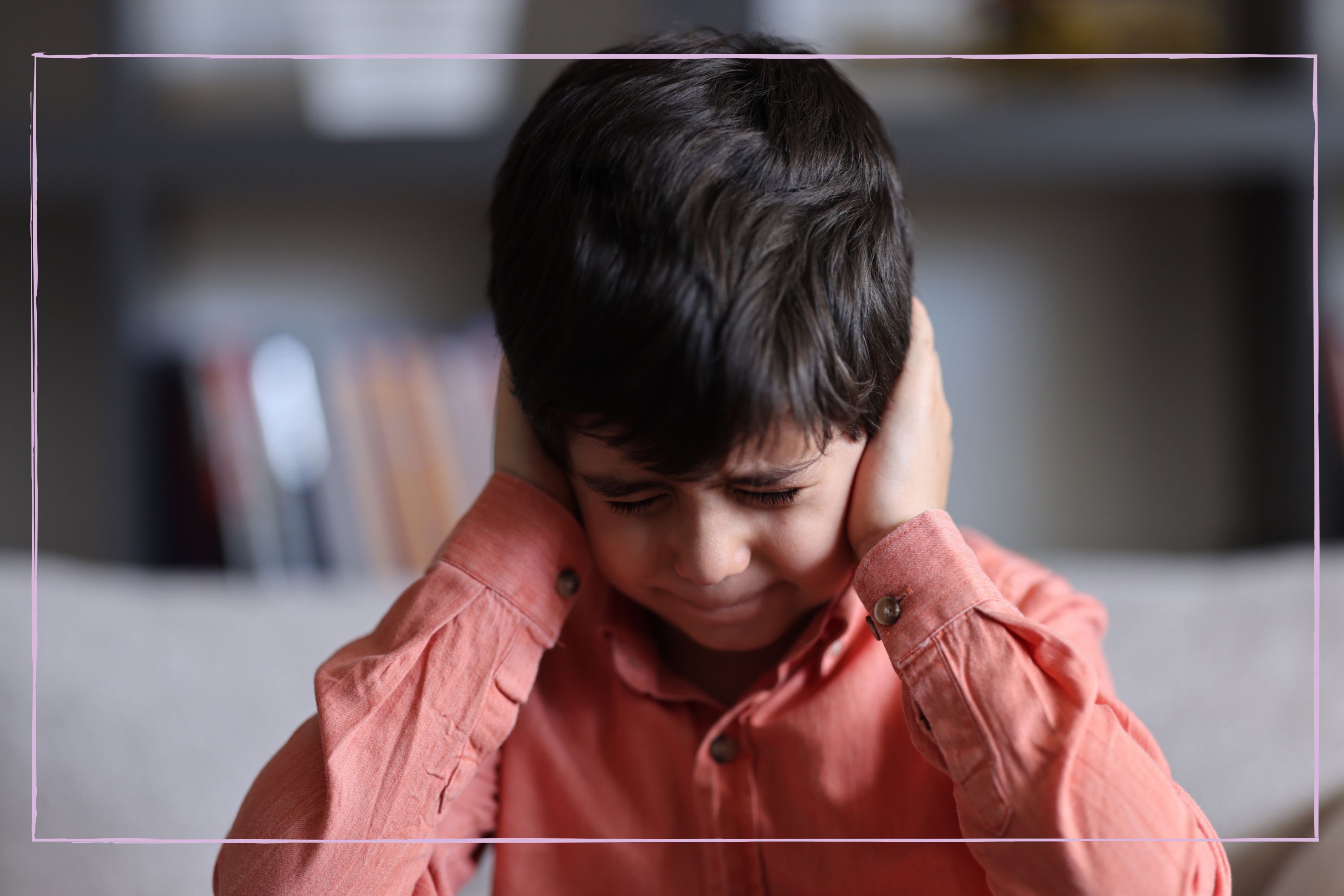Adults not taught to manage their emotions are struggling as parents and their kids are more likely to experience 'verbal abuse' - but what does that look like?
Empathy and understanding are needed, for the primary prevention of verbal abuse


Adults not taught how to manage their emotions, could struggle as parents and fall into a cycle of verbal abuse. What's required is empathy and understanding, for the primary prevention of these unwanted behaviours.
Part of the human condition is that very little is straightforward, and even with the best intentions, family dynamics can become messy and difficult. There's plenty of resources dedicated to how to teach kids emotional intelligence, but it's not always that easy - not everyone has the perception or ability to help build an understanding of their emotions, and effectively navigate their own feelings and those of others.
Similarly, wanting to raise their child to be the best version of themselves leaves some parents wondering how to raise resilient kids - and of course, everyone will want to know how to raise happy kids. However, when these complex processes haven't been modelled, or parents don't have the skills or experience to teach them, managing emotions is unlikely to be self-taught.
Research shows that a possible consequence of poor emotional management in adults, could manifest in the form of verbal abuse towards children. The research suggests verbal abuse in childhood isn't currently recognised as a subtype of child maltreatment, and subsequently doesn't receive appropriate attention. As it isn't on the 'radar of detection,' assessment, detection, and prevention are difficult.
The Association for Child and Adolescent Mental Health, has now found 2 in 5, or 41% of children experience verbal abuse from adults. This can take the form of hurtful and upsetting words, blaming, insulting, and criticising. This can affect school performance, and ability to socialise - toxic stress responses from harsh words affect health and behaviour for a child's entire life.
How does verbal abuse look?
- Angry tones when addressing children through shouting or screaming
- Use of threatening words
- Name-calling
- Using words to ridicule children
- Being deliberately insulting and humiliating
- Blaming or shaming
- Verbally putting children down
- Swearing
- Withering or contemptuous remarks
Recommendations made by the Association for Child and Adolescent Mental Health, suggests recognising the prevalence of verbal abuse puts the focus on adults carrying it out, rather than on the victims - this can potentially target opportunities to help verbally abusive adults deal with trauma or unresolved issues leading to their behaviour. The sensible consensus is that offering help to the primary cause - the perpetrators - will be more effective than tertiary strategies which might come too late.
For anyone concerned about verbal abuse, Words Matter is the first charity to make the issue its sole focus. Their mission is to improve the mental and physical health and development of children by putting a stop to the verbal abuse of children by adults. The charity offers plenty of resources and signposting to where to get help. Arming yourself with as much help and support as possible can help break negative cycles of behaviour - if you know more, you can do better for future generations.
GoodtoKnow Newsletter
Parenting advice, hot topics, best buys and family finance tips delivered straight to your inbox.
For more on managing emotions, a parenting coach shares powerful reframes for when parents feel overwhelmed by their kids' big emotions. Another child therapist urges parents to 'get curious' about their kid's meltdowns, if they're still struggling to manage them. Do you have a deeply feeling kid? Here's how to support them if you do.

Lucy is a mum-of-two, multi-award nominated writer and blogger with six years’ of experience writing about parenting, family life, and TV. Lucy has contributed content to PopSugar and moms.com. In the last three years, she has transformed her passion for streaming countless hours of television into specialising in entertainment writing. There is now nothing she loves more than watching the best shows on television and sharing why you - and your kids - should watch them.